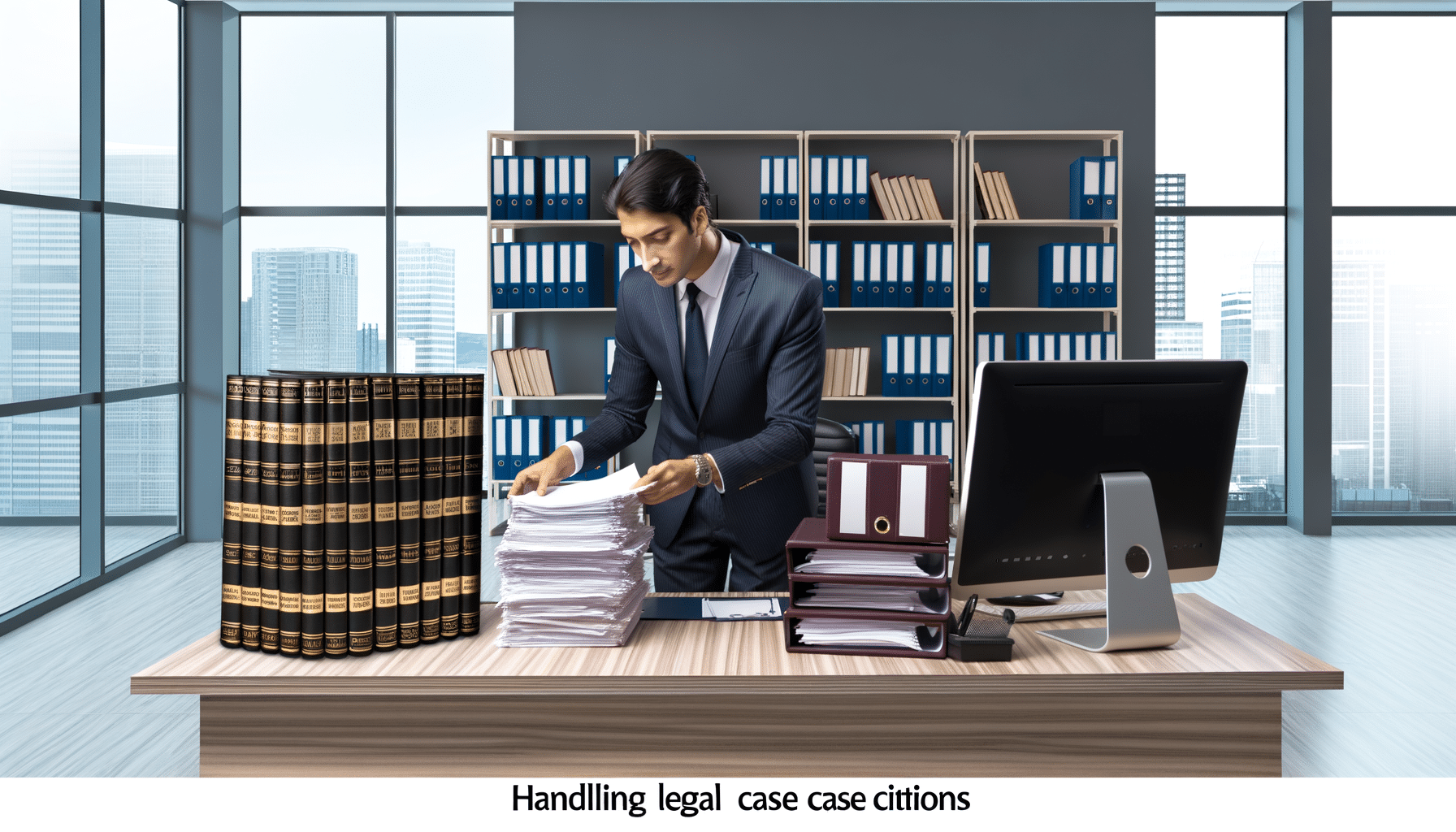- AI in Legal
- November 16, 2024
Legal Record Collaboration: Blockchain’s Role

The legal landscape is undergoing a transformative shift, and at the heart of this evolution lies the game-changing technology we all know as Blockchain. As I reflect on my journey with RecordsKeeper.AI, I am reminded constantly of how Blockchain technology is not merely a buzzword but a fundamental game-changer, especially when it comes to enhancing collaboration in legal record management.
Breaking Down the Traditional Barriers in Legal Collaboration
For years, legal professionals have grappled with the complexities of managing and collaborating on legal records. The challenge has always been about ensuring security, authenticity, and efficiency—a trio of requirements often at odds with traditional systems that are cumbersome and vulnerable to breaches or mismanagement.
The introduction of Blockchain has upended this narrative. With its decentralized and immutable nature, Blockchain promises a system where data integrity isn’t just ensured but almost guaranteed. In my experience, implementing Blockchain within our platform has enabled users to experience seamless collaboration like never before.
Enhancing Security and Data Integrity
One of our primary concerns at RecordsKeeper.AI has been to address the security lapses that often plague record management in the legal sector. Blockchain’s ability to provide tamper-proof records appeals to this need. Every record stored is forged not just with encryption but with intrinsic security mechanisms that make tampering virtually impossible.
These tamper-proof records ensure that when users retrieve or modify a document, there’s a clear, immutable trail of modifications. This is more than just good practice—it’s a legal imperative that builds trust between parties and ensures compliance with demanding regulations like GDPR, HIPAA, and even the evolving digital finance landscapes.
Foster Transparency and Trust Among Legal Partners
An oft-overlooked aspect is the role of Blockchain in fostering trust. In legal connections, transparency isn’t simply desirable—it’s essential. Using Blockchain, parties can access a shared, publicly accessible, and distributed ledger that enables everyone involved to see the same data without dispute.
This transparency is a significant breakthrough, creating a trust barrier that had previously been a hindrance. It reassures parties that the records are accurate and unaltered, thereby preventing potential frictions or disputes. As we developed RecordsKeeper.AI, this element of integrity was at the forefront of our design considerations, intending to empower legal teams to focus on collaboration rather than confrontation.
Streamlining Communication and Workflow
Legal processes are complex, involving multiple stakeholders, each with their own sets of interests and responsibilities. Streamlining workflows with Blockchain involves redefining how these processes execute, reducing redundancies, and increasing response speed. RecordsKeeper.AI has tailored its Blockchain components to ensure users can access the right documents precisely when needed without resorting to endless email threads or risk-prone document exchanges.
By automating approval processes and utilizing smart contracts—a Blockchain staple—our platform ensures that each involved party is instantly notified of pertinent actions, thereby reducing lag and improving decision-making processes.
Future-Proofing Legal Practices
The forward-thinking nature of adopting Blockchain in legal records can’t be understated. As legal frameworks evolve with technology, so too must the systems that underpin legal processes. Blockchain is a foundational technology that supports future-proofing legal practices by offering extensibility and resilience amid changing requirements.
At RecordsKeeper.AI, we are already exploring how Blockchain can further revolutionize collaborative legal processes beyond current capabilities—thinking ahead to decentralized autonomous organizations (DAOs) and peer-to-peer legal ecosystems.
Conclusion
Embracing Blockchain in the realm of legal records management is not just about keeping up with the times—it’s about strategically positioning oneself to lead in an era of digital transformation. At RecordsKeeper.AI, I’ve witnessed firsthand how powerful this technology can be in breaking down collaboration barriers while ensuring security and trust.
If you’re tasked with navigating the intricacies of legal record-keeping, or if you aspire to amplify efficiency and trust in your workflows, I invite you to explore what RecordsKeeper.AI can offer. Join me on this journey to innovate and redefine legal practices for a more collaborative and secure future.
Toshendra Sharma is the visionary founder and CEO of RecordsKeeper.AI, spearheading the fusion of AI and blockchain to redefine enterprise record management. With a groundbreaking approach to solving complex business challenges, Toshendra combines deep expertise in blockchain and artificial intelligence with an acute understanding of enterprise compliance and security needs.
Related Posts


Archives
- December 2024
- November 2024
- October 2024
- September 2024
- August 2024
- July 2024
- June 2024
- May 2024
- April 2024
- March 2024
- February 2024
- January 2024
- December 2023
- November 2023
- October 2023
- September 2023
- August 2023
- July 2023
- June 2023
- May 2023
- April 2023
- March 2023
- February 2023
- January 2023
- December 2022
- November 2022
- October 2022
- September 2022
- March 2019
Want to get more content like this?
Signup to directly get this type of content to your inbox!!
Latest Post
Organizing External Auditor Access
- December 22, 2024
Document Control in Manufacturing Plants
- December 21, 2024
Handling Rush Financial Report Requests
- December 20, 2024
Managing Record Access After Staff Changes
- December 19, 2024





